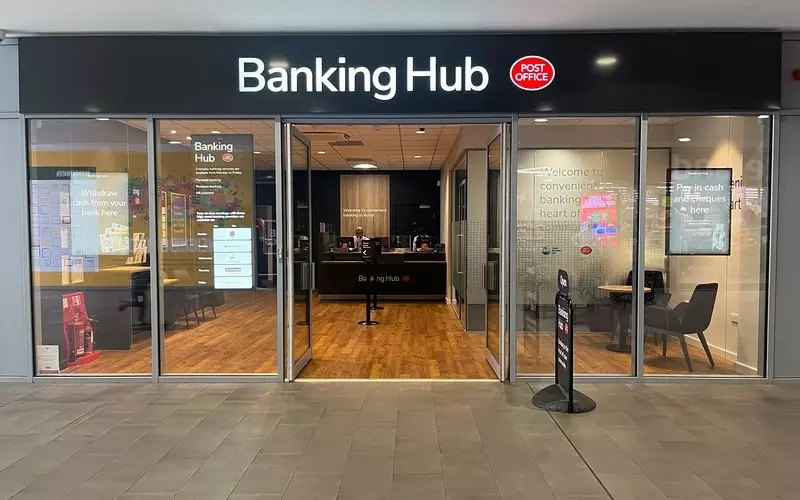InPost Q2 Earnings Meet Expectations, but Poland’s Slower Growth Raises Concerns

The company operates automated parcel machines (APMs) for 24/7 package delivery and pickup services while it faces rising competition in Poland and e-commerce pattern changes, and seeks global market expansion.
The company achieved 999.5 million zlotys in adjusted EBITDA during the second quarter, which matched the 999 million zlotys projection from Jefferies. The company achieved strong financial results, but its stock price dropped by 8% during initial trading before finishing with a 7% decrease at 1007 GMT. The market responded negatively to Poland's reduced parcel volume expansion because the second quarter showed a 6% increase compared to the first quarter's 10% growth, according to mBank equity analyst Pawel Szpigiel.
Poland remains InPost’s largest market, but the company is increasingly focusing on international expansion. For the first time, more than half of its revenue now comes from outside Poland, with its international APM network surpassing its domestic one. This change reflects broader consumer trends emphasising convenience and flexibility.
In Poland, the rise of secure, legal VPNs allows consumers to bypass geo-restrictions and access global digital services, including VPN casino access for offshore gaming platforms limited by local laws. This demand for digital flexibility mirrors the convenience provided by InPost’s Automated Parcel Machines (APMs), as tech-savvy Poles seek seamless solutions for online entertainment and e-commerce logistics. By offering 24/7 package pickup and delivery, InPost’s parcel lockers meet the needs of a digital-oriented population demanding efficient, user-friendly experiences amid Poland’s evolving digital and retail landscape.
The third quarter of 2025 is projected to see over 10% growth in Polish parcel volumes at InPost, surpassing overall e-commerce expansion. The company confronts increasing competition as Allegro remains its main client, while efforts are made to lessen dependence on InPost. InPost's shares fell over 25% in 2025 due to market rivalry. The Polish division initiated an arbitration case against Allegro's local operation for 98.7 million zlotys because of their 2027 delivery contract. CEO Rafal Brzoska explained the company's strategic actions to protect shareholder value.
The company denies all claims, citing no basis in their current agreement with Allegro. This dispute highlights how crucial control of delivery networks has become for e-commerce growth in Poland’s competitive market.
The company InPost continues its international expansion by planning to install 15,000 APMs throughout its nine markets during this year, although it initially set a goal of deploying over 14,000 units. Brzoska stated that the company will maintain its Polish market leadership while expanding operations into new international territories. InPost's APMs allow customers to manage their packages independently, aligning with contemporary consumer demands for both digital and physical efficiency.
The digital transformation of Poland significantly involves the growth of its e-commerce sector. Polish consumers’ shopping habits have shifted toward digital payment systems and online platforms, enabling new ways to shop and interact. Market conditions will influence InPost’s ability to adapt its business, while its user-centric approach offers expansion opportunities. The company must resolve its legal dispute with Allegro and expand both domestically and internationally to secure future success.
The business performance of InPost demonstrates how physical logistics systems interact with digital innovation within a changing market environment. The adoption of APMs and VPN tools in Poland demonstrates that consumers want easy access to convenient services, which will determine the direction of e-commerce and digital services throughout the region.





























